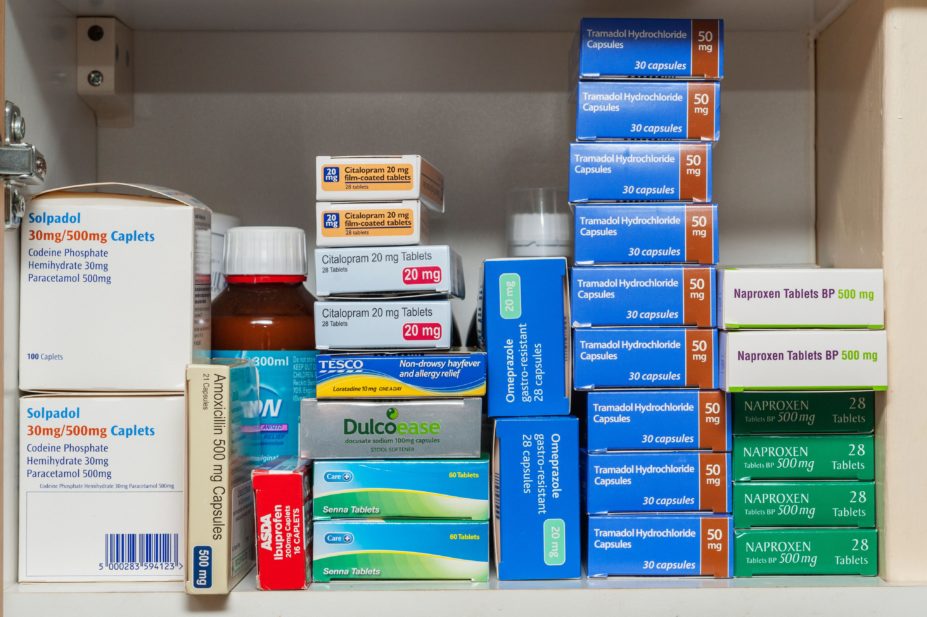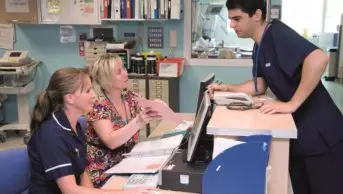
Alamy Stock Photo
Medicines reconciliation could be made an essential service in 2020/2021, following negotiations over the community pharmacy contract, an NHS England official has revealed.
NHS England first announced a medicines reconciliation service as part of the ‘community pharmacy contractual framework for 2019/2020 to 2023/2024’, published in July 2019, in which it said the service would “ensure that changes in medicines made in secondary care are implemented appropriately when the patient is discharged back into the community”.
In the contract, the service was planned to be implemented in 2020/2021 “as part of a transfer of care around medicine (TCAM) service”.
But during a presentation at the Association of Independent Multiple Pharmacies annual conference on 23 January 2020, a slide presented by Ed Waller, NHS England director of primary care strategy, added that medicines reconciliation “will be an essential service and part of the package for 2020/2021, which is in negotiation”.
The initial five-year agreement committed to annual reviews of the contract “to ensure and show value for taxpayers and the NHS”.
Waller told the conference that patients who have their medication regimens changed while in hospital “sometimes face confusion as they leave, between the pharmacist in community pharmacy, where they might have their prescription sitting, and the prescribing in general practice”.
“We know that causes frustration, not just for patients, but also for clinicians who are trying to make that work for patients … so what we are looking at is how we get a more structured protocol in place for the role of community pharmacy in that medicines reconciliation on discharge.
“We expect that to become part of the [contract] next year and we are negotiating the exact form that will take.”
Graham Phillips, superintendent pharmacist of Manor Pharmacy Group, said he was “entirely” behind the direction of travel laid out by Waller, but that there were still questions about whether there would be any pharmacists “left standing” to implement it.
“Community pharmacy should sort out people’s medicines — that means sorting out what they’re supposed to be taking and how to get the best value from it — and this should be universalised, integrated and there should be no difference at all between the secondary care and primary care environment,” he said.
“But you can’t keep asking people to do more and more while giving them less and less [money],” he added. “If [the government doesn’t] put the resources in, there won’t be anyone left standing.”
Alastair Buxton, director for NHS Services at the Pharmaceutical Services Negotiating Committee, said the inclusion of such a service in the five-year contract was a “very positive move” for patients, the NHS and community pharmacy.
“This new service will not only utilise community pharmacists’ clinical skills, improve patient safety and reduce secondary care costs, but it will also help improve collaboration between the different branches of the profession and general practice,” he said.
The TCAM service was first piloted in 2014, with 55,000 patients referred to community pharmacy in 2018/2019 — of which 33,000 were followed up by pharmacists.
NHS England commissioned the Academic Health Science Networks to roll out TCAM to 50% of trusts in England by the end of 2020.


